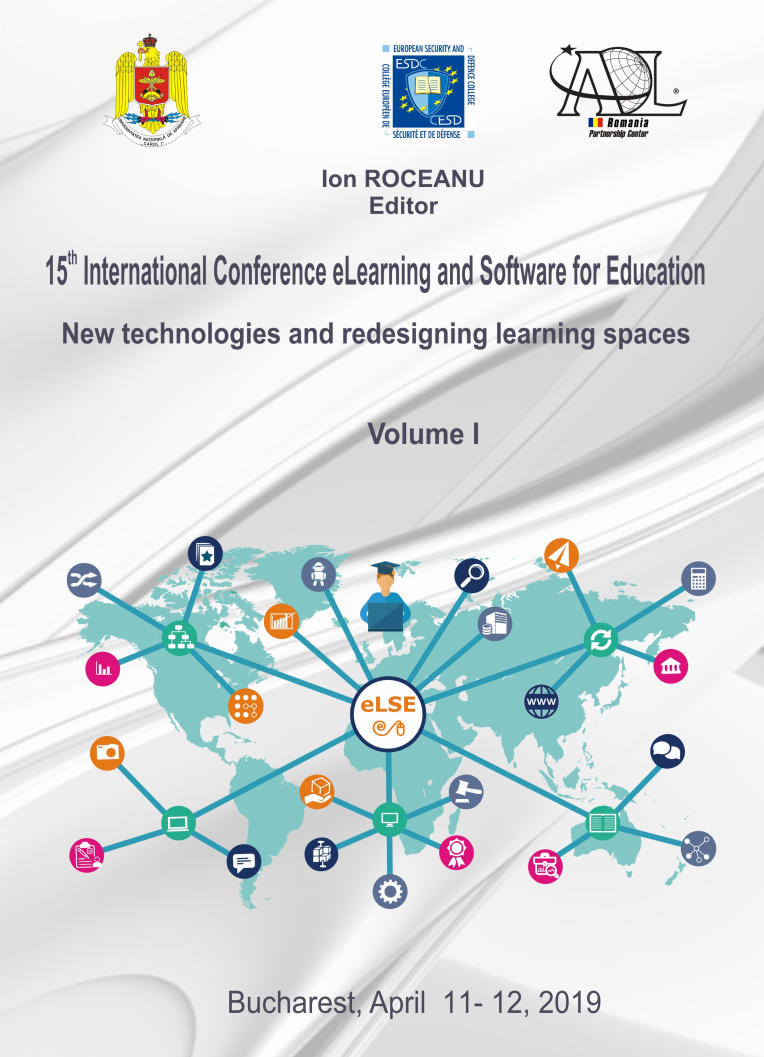Using a Web-Based Framework to Build and Experiment with Virtual Reality Worlds
Using a Web-Based Framework to Build and Experiment with Virtual Reality Worlds
Author(s): Andrei George Florea, Cătălin BuiuSubject(s): Social Sciences
Published by: Carol I National Defence University Publishing House
Keywords: virtual reality; a-frame; academic teaching.
Summary/Abstract: As computing power and ubiquity increase, so do the opportunities of enhancing every day activities using technologies such as augmented (AR) or virtual reality (VR). While the former has seen extensive use on assembly/service lines, the latter has broader usage domains such as entertainment, remote meetings, remote medical assistance, social networking and many other. Preparing future VR developers usually requires expensive hardware and software as well as prebuilt environments. This paper proposes a novel method of teaching VR to students using A-FRAME, an open-source framework that promises to make VR as easy to create as a web page. The framework extends the Hyper-Text Markup Language (HTML) and Javascript, that together form the basis of all web-pages, by adding VR specific objects and functions thus allowing VR to be integrated into normal web pages. The paper presents the traditional and eLearning methods used to teach students how to assemble a virtual world, add real-life objects (a TV, a DSLR camera and a smart phone) and a user-interface, all with the end objective of building a virtual electronics shop. The virtual shop has all the features of its real counterpart such as commercials on TV-screens, text details as well as a 360-degree view of each product. Each separate task was taught as a challenge that involved different software tools and methods. The template application can be tested online on any computer or mobile phone (even using Google cardboard-like headsets) or dedicated VR headsets. All associated material and source code is available on Github.
Journal: Conference proceedings of »eLearning and Software for Education« (eLSE)
- Issue Year: 15/2019
- Issue No: 01
- Page Range: 273-280
- Page Count: 8
- Language: English

